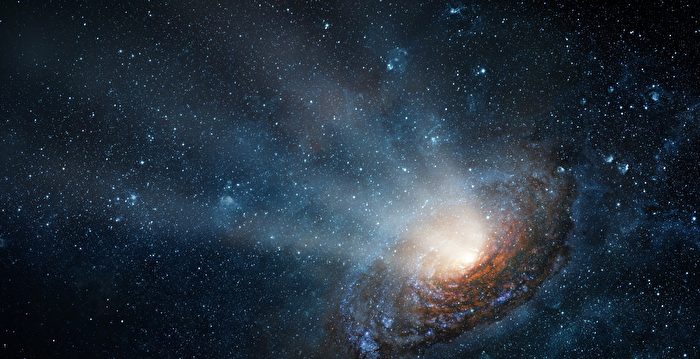New Study Shows Galaxies and Black Holes Coexisted and Influenced Each Other in Early Universe
A groundbreaking new study has completely overturned traditional theories about the early universe, revealing that galaxies and black holes not only coexisted but also influenced each other in the early days of the universe.
According to a press release from Johns Hopkins University in the United States, the study, led by astrophysics professor Joseph Silk, used observations made by the James Webb Space Telescope to make this groundbreaking discovery.
The traditional theory holds that galaxies were formed in the early stages of the universe, and black holes appeared later after the collapse of supermassive stars in the galaxies. However, the recent study shows that distant galaxies in the early days of the universe appeared brighter than expected, with many young stars and black holes.
The research team’s analysis suggests that in the first 100 million years of the universe, black holes and galaxies coexisted and influenced each other’s fate. This has completely overturned scientists’ understanding of how galaxies formed in the early universe.
Silk explained that in the early days of the universe, black holes spawned a large number of stars and prompted the formation of galaxies, leading to the observation of more black holes and bright galaxies than scientists expected.
The study suggests that the young universe went through two stages, with the high-speed particles ejected by the black holes accelerating star formation in the first stage, and then slowing down in the second stage.
The research team’s findings have been published in The Astrophysical Journal Letters, and they are hopeful that future observations using the Webb Space Telescope will confirm their estimates and provide more clues about the evolution of the universe.
The study’s results are expected to revolutionize our understanding of the early universe and provide answers to many questions that have long puzzled scientists.
